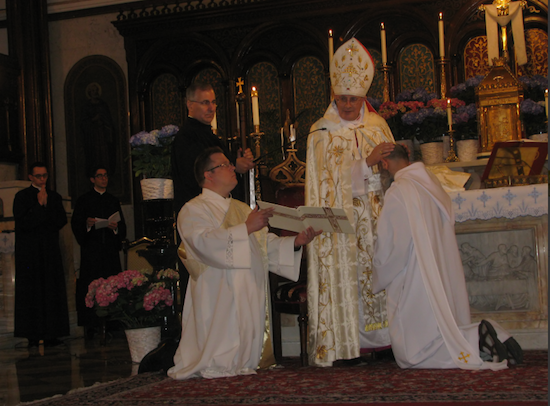Faith In Brooklyn for May 27

Screen Shot 2014-05-27 at 10.08.02 AM.png
Franciscan Friar Ordained to Priesthood Will Serve in Latin and Maronite Rites
Contributed by Leila Vogl and Salma Vahdat: Parishioners, Our Lady of Lebanon Cathedral
Our Lady of Lebanon Maronite Cathedral was filled on Sunday, May 18, as Brother Youssef Mariam Hanna CFR was ordained to the priesthood. Br. Youssef is a member of the Franciscan Friars of the Renewal, which is a Latin Rite (Roman Catholic) order. He will serve as a bi-ritual priest, meaning that he will celebrate Mass in both the Latin and Maronite Rites. The Franciscan Friars of the Renewal is a missionary order. Br. Youssef will be on a mission to Lebanon this summer.